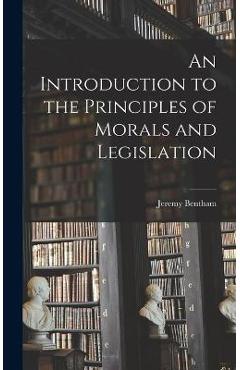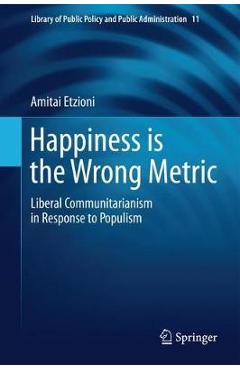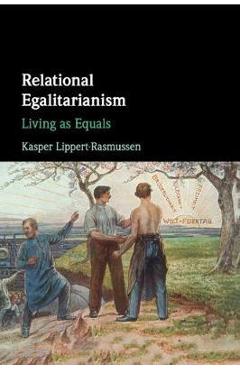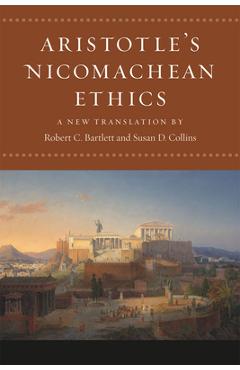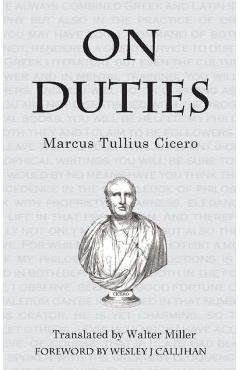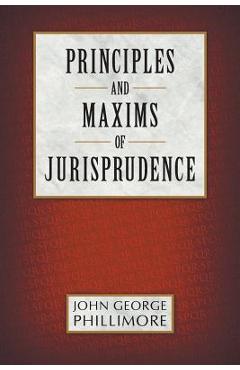Mill, John Stuart: - "John Stuart Mill (20 May 1806 - 7 May 1873), usually cited as J. S. Mill, was a British philosopher, political economist, and civil servant. One of the most influential thinkers in the history of classical liberalism, he contributed widely to social theory, political theory, and political economy. Dubbed "the most influential English-speaking philosopher of the nineteenth century," Mill's conception of liberty justified the freedom of the individual in opposition to unlimited state and social control. Mill was a proponent of utilitarianism, an ethical theory developed by his predecessor Jeremy Bentham. He contributed to the investigation of scientific methodology, though his knowledge of the topic was based on the writings of others, notably William Whewell, John Herschel, and Auguste Comte, and research carried out for Mill by Alexander Bain. Mill was also the godfather to the philosopher Bertrand Russell. A member of the Liberal Party and author of the early feminist work The Subjection of Women, he was also the second Member of Parliament to call for women's suffrage after Henry Hunt in 1832. Between the years 1865 and 1868 Mill served as Lord Rector of the University of St. Andrews. During the same period, 1865-68, he was a Member of Parliament for City and Westminster. In 1866, Mill became the first person in the history of Parliament to call for women to be given the right to vote, vigorously defending this position in subsequent debate. Mill became a strong advocate of such social reforms as labour unions and farm cooperatives. In Considerations on Representative Government, Mill called for various reforms of Parliament and voting, especially proportional representation, the single transferable vote, and the extension of suffrage. In April 1868, Mill favoured in a Commons debate the retention of capital punishment for such crimes as aggravated murder; he termed its abolition "an effeminacy in the general mind of the country.""











